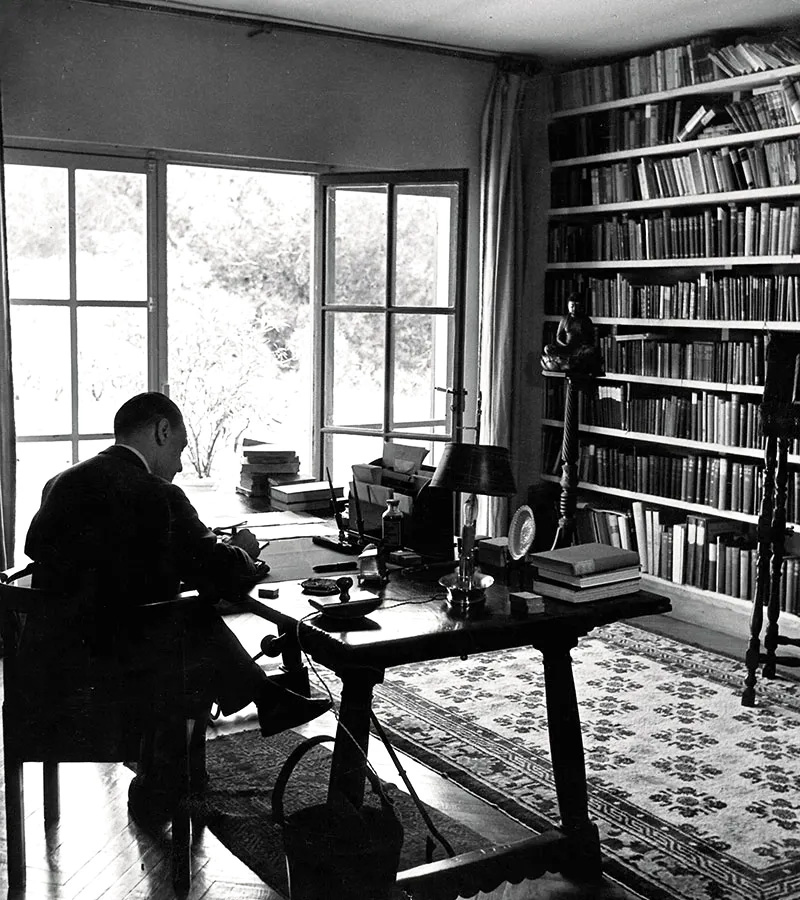I remember the moment I came up with the title “Mission Flats” for my first novel. It was late, long past midnight. The house was quiet. I lay in bed unable to sleep, which is common for me. (I am a chronic insomniac.) I had been playing around with the word “mission” for the title. The book is about Ben Truman’s mission, his adventure far from home, an odyssey that roughly follows the arc of traditional adventure myths described by Joseph Campbell in The Hero With a Thousand Faces. The novel also drew on the Boston neighborhood of Mission Hill as part of its inspiration. In fact, I considered both “The Mission” and “Mission Hill” as titles. But a lofty, aspirational, resolute word like “mission” needed a downbeat flat note to balance it. So I swapped in “flats” for “hill,” thinking perhaps of Steinbeck’s Tortilla Flat. The words fell into place — click — and there it was.
I knew I had it. Right from the start, from that first click, the words “Mission Flats” seemed inevitable, perfect, unimprovable. The proof of its rightness was that the title, rather than just being a sign hung on the front of the book, began to shape the story. The high-low sound of it — Mission (up), Flats (down) — catalyzed the writing. Intentionally or not, I began to write a story to fit it.
There was no such parting of the clouds for “The Strangler.” My own working title for that book was “The Year of the Strangler,” which I still think is a truer reflection of the story. The novel is not just about the Boston Strangler case. It is — at least it is intended to be — a panoramic view of the Boston underworld in the early 1960’s, taking in the formation of the Mob order that would rule the city for the next forty years and also the reconstruction of the city both physically and economically. Alas, my editors, both here and in the U.K., loathed “The Year of….” It sounds like a history book, they said. And because I was inexperienced and too eager to please, I accepted the suggestion of “The Strangler” as more focused, more evocative, and more marketable. Let me be clear: the fault was entirely mine. If I did not like the title, I could and should have said no. I understand that. But I did not, and the title still rankles. It simply does not fit the book.
So this whole business of choosing a title is deadly important. And for my novel in progress, I still don’t have one. No click. No itchy inkling of a Really Big Idea trembling just out of reach, about to reveal itself. Nothing. I don’t even have a working title. On my computer, the manuscript resides in a folder called “Book Three.” This has been going on for over a year.
The problem occupies more brain-space than I can afford to give it. In the sprint to the finish line, my thoughts should be 100% on the story. Instead I churn one title after another.
The candidates fall into some of the usual categories.
- Wordy, colloquial, faux-conversational titles — oh so trendy at the moment (Then We Came to the End, We Need to Talk About Kevin, It’s Beginning to Hurt, This Is Where I Leave You, all descended presumably from What We Talk About When We Talk About Love).
- Solemn one-word titles (Atonement, Possession, Damage).
- Place names (Cold Mountain, Mansfield Park, Gorky Park).
- Character names (Jane Eyre, Billy Bathgate).
- Allusions (Tender Is the Night).
Of course, there are as many categories, as many ways to name a book as you care to dream up. These are just the ones I have been turning over in my head.
The title candidates, for the moment:
- Line of Descent: because the story involves a teenage boy who is descended from several generations of murderous men and is himself accused of murder.
- Cold Spring Park: the public park where the murder takes place.
- Jacob: the name of the boy who is accused (probably used in some construction like “About Jacob” or “Regarding Jacob”).
- The Murder Gene: which the boy and his parents fear he has inherited.
- Guilt, violence, inheritance, blood, nature: all words rolling around in my head like loose marbles.
Some of this confusion is self-inflicted, no doubt — paralysis by analysis. At this point, having thought about it too hard for too long, I may not recognize the click when I hear it. Or, more accurately, since in art the eureka! experience is a subjective one — there is no such thing as a perfect title, there is no “right” answer — I may not be allowing myself to think that any title is right, or right enough.
Anyway, the struggle to name Book Three goes on. Cast your vote, if you like. I need all the help I can get.


